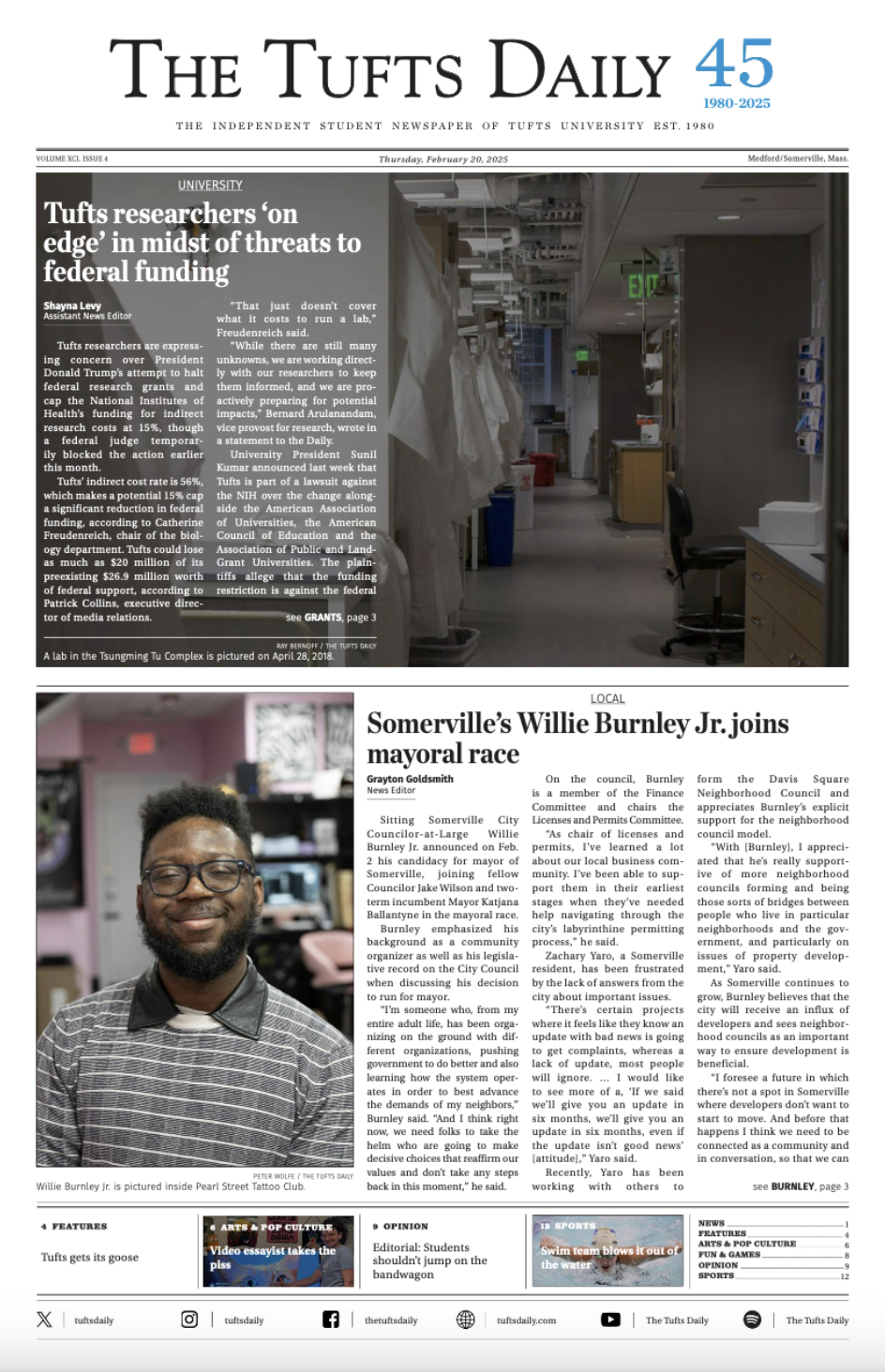Holidays are commonly thought of as special times because they only happen once a year. Often, they involve celebrating, spending quality time with loved ones, and making ourselves aware of the wonderful things in our lives that we take for granted. So, each holiday reminds us to celebrate and reflect on our lives - once a year. But there is a unique holiday in Judaism that gives us the opportunity to do this every week. This holiday is Shabbat.
Although Shabbat occurs every week, it is considered to be a major Jewish holiday. Other major Jewish holidays include Passover, Rosh Hashanah, Yom Kippur, etc. (although, contrary to popular belief, not Hanukkah). But Shabbat faces a special challenge that the other major holidays do not face. The "High Holidays," which is the name used to refer to the major holidays, evoke a much greater participation, in both custom and prayer, than does Shabbat. One reason for this is that Shabbat happens every week and people just do not maintain the fervor they have for the "once-a-year-ers."
Tufts Hillel attempts to remedy this issue by offering energetic and spirited Shabbat programs. On a typical Friday night this year, there are roughly 130-150 people who attend dinner and services. While 150 students is an amazing number, and among the larger percentages of Shabbat participation throughout universities nationwide, we know that there are many Jewish and non-Jewish students who have still never had a relaxing and fun Shabbat experience at Tufts. We would love to have more students participate in Shabbat at Tufts, 500 for example, but the Hillel Center and the dining staff would not be able to accommodate them. And, although services and dinner at Hillel are quite nice, we recognize that it may not be within everyone's comfort zone. Hillel's desire to bring the spirit of Shabbat to students all over campus brought about a brainstorming session in which we developed the Shabbat 500 program.
The second planning phase began with comments and discussions floating around campus about how quiet, reserved, and not so prevalent religion is at Tufts. Shabbat 500 was conceived with the goal of reaching out to the Tufts campus, providing various ways to have a meaningful Shabbat experience, and raising Jewish awareness and pride at Tufts - with the ultimate goal of documenting 500 students' participation on Friday night, March 30.
Much skepticism and many questions were raised immediately as to how such a goal could be reached and, if we did reach out to 500 people, logistically, what we would do with them. Nine different committees were organized, comprised of over 40 students, to attempt to promote Jumbo pride in both Shabbat and in Judaism. With each different location and target population, the planners of Shabbat 500 attempted to help create various "Shabbats" so that anyone could find some Shabbat experience that was comfortable.
As mentioned above, not everyone would be comfortable just walking into Hillel for Shabbat. We realized that some students might be more comfortable doing something in their own home, or with a small group of friends. One of the wonderful things about Shabbat is that there are many different ways to celebrate it. And no Shabbat experience is wrong. Shabbat for one Tufts student might be going to Hillel for services and dinner, while another Tufts student may have a better experience just sitting down to a dinner with all of his or her housemates, lighting candles with friends, or having a conversation while eating dessert. Knowing this, we tried to provide as many opportunities for people to create, mold, or design their own Shabbat experience.
This year was a pilot in many ways, and some of the results are tough to measure. Whether we hit our target of 500 is difficult to say because it means judging to some degree the experience that people had. But we are sure that many more students experienced some aspect of Shabbat than ever before on a single Friday night at Tufts. Underclassmen in dorms made Shabbat candles, and educated themselves about the holiday as they enjoyed traditional Shabbat foods. A candle-lighting and Shabbat "oneg" (which means pleasure or joy and is basically a gathering for social purposes to interact with others) was held for the Greek community. Culture houses ran Shabbat dinners and incorporated aspects of Shabbat tradition and education. And upperclassmen in participating apartments received Shabbat kits with some traditional Shabbat foods (challah - special bread, and grape juice - substitute for wine - sorry, you can only get the real stuff at Hillel), an educational pamphlet including a few readings and basic blessings, and candles. They were encouraged to use whatever educational components they felt comfortable with and enjoy a relaxing dinner with their housemates.
Essentially, Shabbat 500 is an interesting program because it really is something that should exist without any extra investment of time. Ideally, all students on campus would enjoy some sort of Shabbat experience each week and there would be a sense of Jewish pride and unity on campus every Friday night. And attempting to find ways for all students to experience some aspect of their Judaism - whether it be through music, literature, education, theatre, career goals, ice skating, holidays, or Shabbat - is what Tufts Hillel tries to do every day. Shabbat 500 was an exemplary effort to achieve the goals we strive for every day - to provide a wide variety of different experiences so that every student can enjoy some part of Judaism.
Seth Haaz is a senior majoring in economics. He is president of Tufts Hillel.





